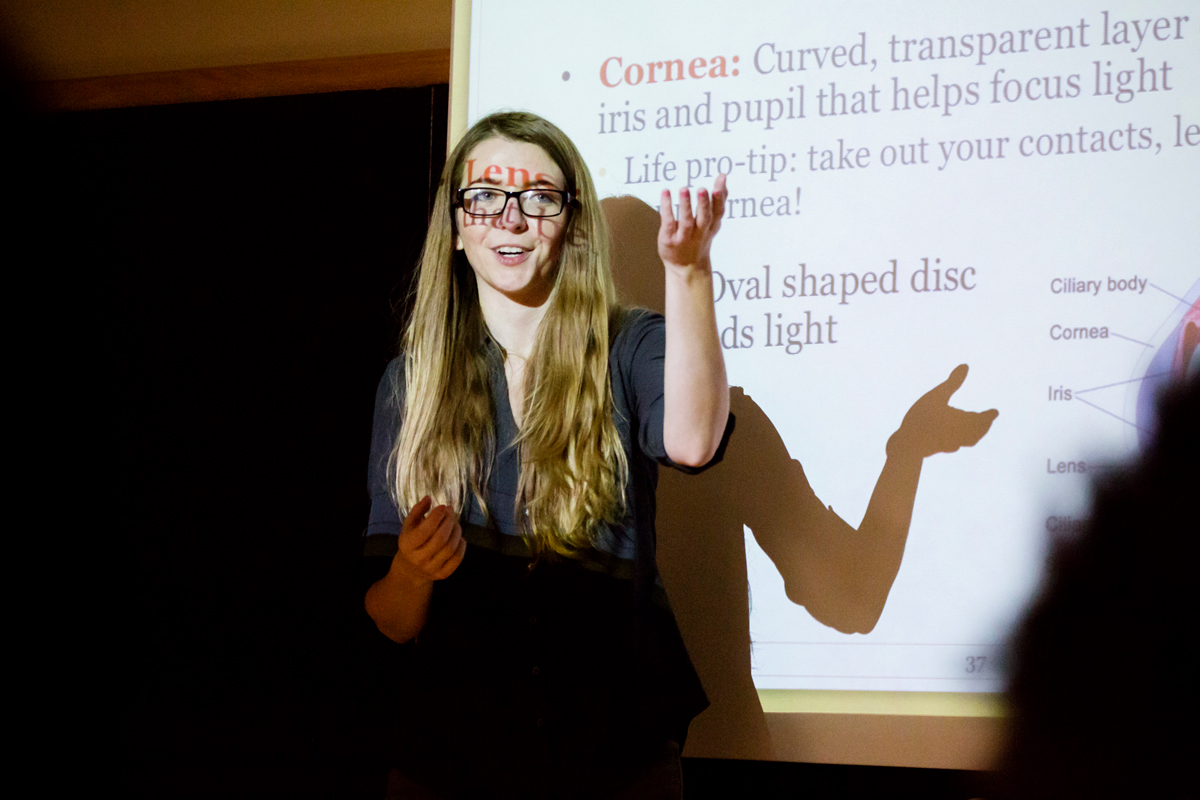Psychology
Psychology is the study of the mind and behavior. The discipline embraces all aspects of the human experience — from the functions of the brain to the actions of nations, from child development to care for the aged. In every conceivable setting from scientific research centers to mental health care services, "the understanding of behavior" is the enterprise of psychologists. Psychology provides a background that develops your knowledge base and skills in problem solving, oral and written communication, and critical thinking of analysis, synthesis, and evaluation. Psychology core coursework gives you in-depth knowledge of human development and behavior, basic human relations skills, and solid statistical, research design, and measurement and evaluation competencies. Psychology supporting coursework Gives you a level of expertise in an area outside of psychology such as economics, business administration, marketing, human resource education, consumer education, journalism, speech communications, biological sciences, math and statistics, sociology, social work, or education, to name a few. Challenging jobs are available and your psychology degree can make you particularly attractive to employers attempting to fill those jobs.
There are several areas of specialization that students may take to enhance their academic experience.
Provides students an opportunity to design a curriculum that meets academic and professional interests.
Studies the biological mechanisms underlying behavior.
Studies problems encountered by individuals, families, groups, organizations, and neighborhoods.
Studies basic behavioral and cognitive processes, including learning, memory, problem-solving, motivation, and language.
Studies basic behavioral and cognitive processes, including learning, memory, problem-solving, motivation, and language.
Studies intellectual, personality, psychophysiological, and social development processes as individuals develop from birth through old age.
Study of psychological research focusing on prejudice, discrimination, race, ethnicity, gender, and other areas.
Focuses on the application of techniques of assessment, prediction, and intervention to areas of human resources in organizations.
Study of individual differences, interpersonal relations, and interpersonal interactions.
Studies attitudes, social perception and cognition, interpersonal relations, interpersonal interactions, and social and cultural factors affecting human behavior.
- PSYC 100—Introductory Psychology
Students should consult with an academic advisor regarding course selection prior to the advanced registration period.
Psychology is designed both for students interested in a liberal arts education with psychology as a focal area and for students who plan to attend graduate or professional school either in psychology or in a different field such as medicine, law, social work, business administration, counseling, labor relations and many others.
- Able to observe, analyze, & interpret information
- Able to promote healthy relationships
- Concern for and sensitivity to others
- Critical and inferential thinking
- Decision making
- Engage in ethical practice
- Good listener
- Insight to deal effectively with people
- Interpersonal communication (oral and written)
- Interviewing techniques
- Knowledge of human development & behavior
- Problem solving
- Understanding of group dynamics
- Ability to resolve or mediate conflicts
- Admissions Counselor
- Career Services Director
- Child Development Specialist
- Clinical Psychologist
- College Recruiter
- Community Relations Officer
- Corrections Officer
- Counseling Psychologist
- Counselor
- Customs Immigration Agent
- Drug Abuse Prevention Educator
- EEO Specialist
- Events Coordinator
- Family Services Case Manager
- Forensic Psychologist
- Grievance Officer
- Human Resource Representative
- Market Research Analyst
- Mediator
- Mental Health Case Manager
- Occupational Analyst
- Patient Care Coordinator
- Physical Therapy Aid
- Psychiatric Aid
- Recreation Director
- Recruiting Coordinator
- Rehabilitation Counselor
- Research Assistant
- Residence Life Director
- School Psychologist
- Social Service Aid
- Statistical Analyst
- Suicide Prevention Specialist
- Teacher/Educator
- Technical Writer
- Trauma Support Specialist
Some careers may require education beyond an undergraduate degree.
- Participating in undergraduate research
- Applying for a study abroad experience
- Utilizing resources of The Career Center
- Joining a Registered Student Organization (RSO) related to this major, such as:
- Clinical-Community Psychology Students' Association: promotes and supports the scholastic development of undergraduates with interests in Clinical-Community Psychology.
- Psi Chi Undergraduate Psychology Association: encourages, stimulates, and maintains excellence in scholarship and advancing the science of psychology.
There are several professional organizations dedicated to Psychology. Their websites might be able to provide a glimpse in the world of Psychology. These organizations include American Academy of Child & Adolescent Psychology, American Psychiatric Association, and American Psychological Association.


